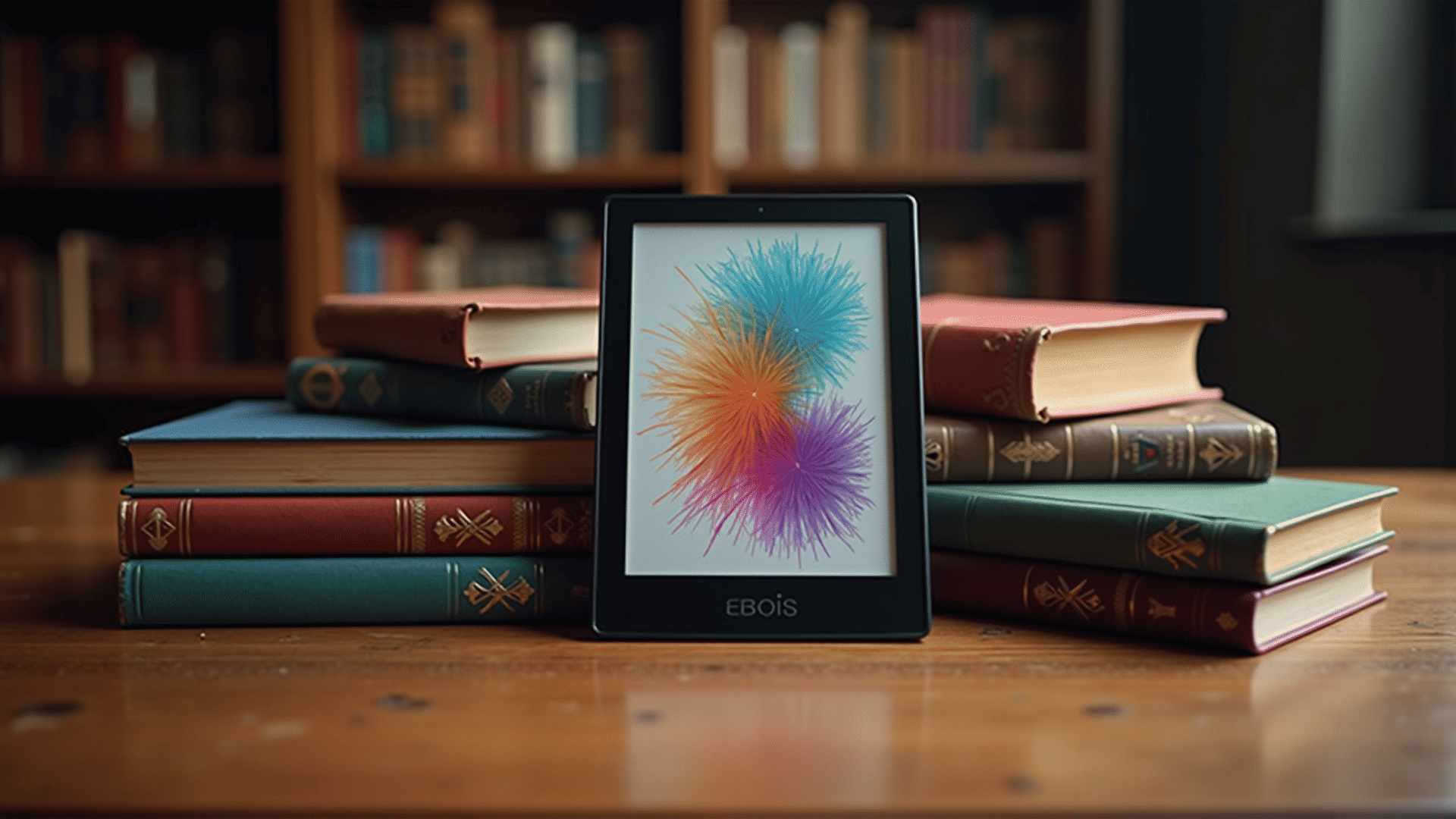The publishing industry has long been a cornerstone of cultural and intellectual exchange, grounded in the tangible medium of paper. However, as we wade deeper into the digital age, this once-static field is undergoing a formidable transformation — driven by advancements in technology and shifting consumer preferences. Digital publishing has emerged as a game-changer, ushering in an era of unprecedented accessibility and innovation.
At the heart of this evolution is the democratization of content creation and distribution. In the traditional model, releasing a book involved navigating a complex labyrinth of agents, editors, and publishing houses, a barrier that limited opportunities for many aspiring authors. Today, digital platforms have dismantled these gatekeepers, enabling anyone with a compelling story or unique perspective to publish their work directly to a global audience. Self-publishing platforms such as Amazon Kindle Direct Publishing (KDP), Smashwords, and IngramSpark have empowered writers, transforming what was once a daunting process into an achievable endeavor.
The rise of e-books is another hallmark of this digital revolution. Portable, convenient, and often more affordable than their print counterparts, e-books have carved out a significant niche in the literary landscape. With devices like Amazon’s Kindle, Apple’s iPad, and various other e-readers, users can carry entire libraries in their pocket, providing instant access to literature anywhere in the world. Not only does this convenience cater to the fast-paced lifestyle of modern consumers, but it also significantly broadens the reach of authors and publishers, connecting them with a wider audience than ever before.
Moreover, digital publishing is not merely about digitizing physical books; it is about reimagining content itself. Interactive e-books and enhanced editions provide a multifaceted reading experience with multimedia elements like video clips, audio narrations, and hyperlinks, offering readers a deeper and more engaging interaction with content. This innovative approach is notably revolutionizing educational publishing, where interactive textbooks and learning platforms are turning classrooms into dynamic learning environments.
Another vital component of digital publishing's transformation is the burgeoning arena of audiobooks. With the surge in popularity of platforms like Audible and the integration of audiobook functionalities in tools like Spotify and Apple Books, listening to stories has become a mainstream companion to traditional reading. This auditory dimension broadens the accessibility of books, catering to those who prefer or require audio due to lifestyle, learning preferences, or visual impairments.
The economics of publishing is also evolving with this digital shift. Print runs, warehousing, and physical distribution costs are being alleviated by digital formats that require minimal overhead. This shift is particularly advantageous for niche and emerging authors, who can publish without substantial financial risks, retaining larger shares of sales revenues in the process. Likewise, digital subscriptions and on-demand services are fomenting new revenue models, allowing consumers to access a vast array of content for a flat fee or through ad-supported arrangements.
Yet, amidst these high-tech advancements, challenges persist. Issues surrounding digital rights, piracy, and the sustainability of streaming platforms are ongoing concerns for publishers and authors alike. Ensuring fair compensation and protecting intellectual property in a digital landscape fraught with unauthorized reproduction attempts demand continuous diligence and adaptation of legal frameworks.
In conclusion, digital publishing is not merely about transitioning from paper to pixels; it is about embracing a paradigm of accessibility, inclusivity, and creativity. As technology continues to evolve, so too will the opportunities for richer, more diverse narratives that can reach across spatial and cultural divides. The evolution of digital publishing is a testament to the innovative spirit of storytelling that, regardless of format, forever finds new ways to foster connection and ignite imagination worldwide.
